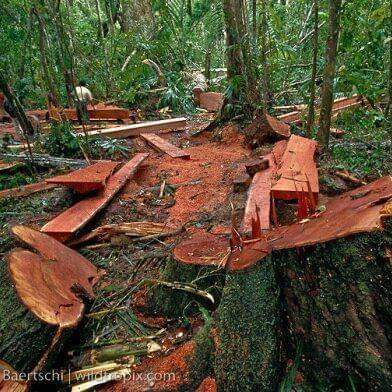
Science 6 Quarter 4 Week 1
|
|
What’s New |
What is an earthquake?
Earthquakes are vibrations or tremors produced in the earth’s outer layer or crust. An earthquake can be tectonic or volcanic. A tectonic earthquake occurs when parts of the earth’s crust break and the rocks along a fault slide close to each other or away from each other. This is called faulting. An earthquake may also be volcanic. Tremors are often produced to signal an upcoming volcanic eruption in a vicinity or region. Focus is a break in the ground caused by the pressure of the moving rock. It is the place where the earthquake originates. Epicenter is the point or line on the earth’s surface directly above the focus of an earthquake. The study of earthquakes is called seismology. Scientists or experts in this field are called seismologists.
What are the effects of earthquakes?
1. Damage to infrastructures - Earthquakes can cause great damages to buildings, roads, railroads, factories, dams, bridges, etc.
2. Landslides - The shocks produced by earthquakes particularly in hilly areas and mountains which are tectonically sensitive causes landslides and debris fall on human settlements and transport system on the lower slope segments, inflicting damage to them.
3. Fires - The strong vibrations caused by severe earthquakes strongly shake the buildings and thus causing severe fires in houses, mines, and factories because of overturning of cooking gas, breaking of gas pipes, contact of live electric wires, churning of blast furnaces, and displacement of other fire related and electric appliances.
4. Flashfloods - Strong seismic waves can damage dams thereby causing severe flash floods. This can also happen as a result of the blocking of the water flow of rivers due to rocks and debris produced by severe tremors in the hill slopes facing the river valleys. Sometimes the blockage is so severe that rivers change their main course.
5. Deformation of ground surface - Severe tremors and resultant vibrations caused by earthquakes result in the deformation of ground surface because of the rising and sinking of ground surface and faulting activity (formation of faults).
6. Tsunamis - The seismic waves caused by earthquake (measuring more than 7 on Richter scale) travelling through sea water generate high sea waves and cause great loss of life and property.
7. Liquefaction - It is the ground failure or loss of strength that causes otherwise solid soil to behave temporarily as a liquid due to ground shaking.
8. Loss of lives - Severe injuries from collapsed buildings and infrastructure, falling debris, suffocation, and drowning due to tsunami and flash floods during an earthquake may cause death among people.